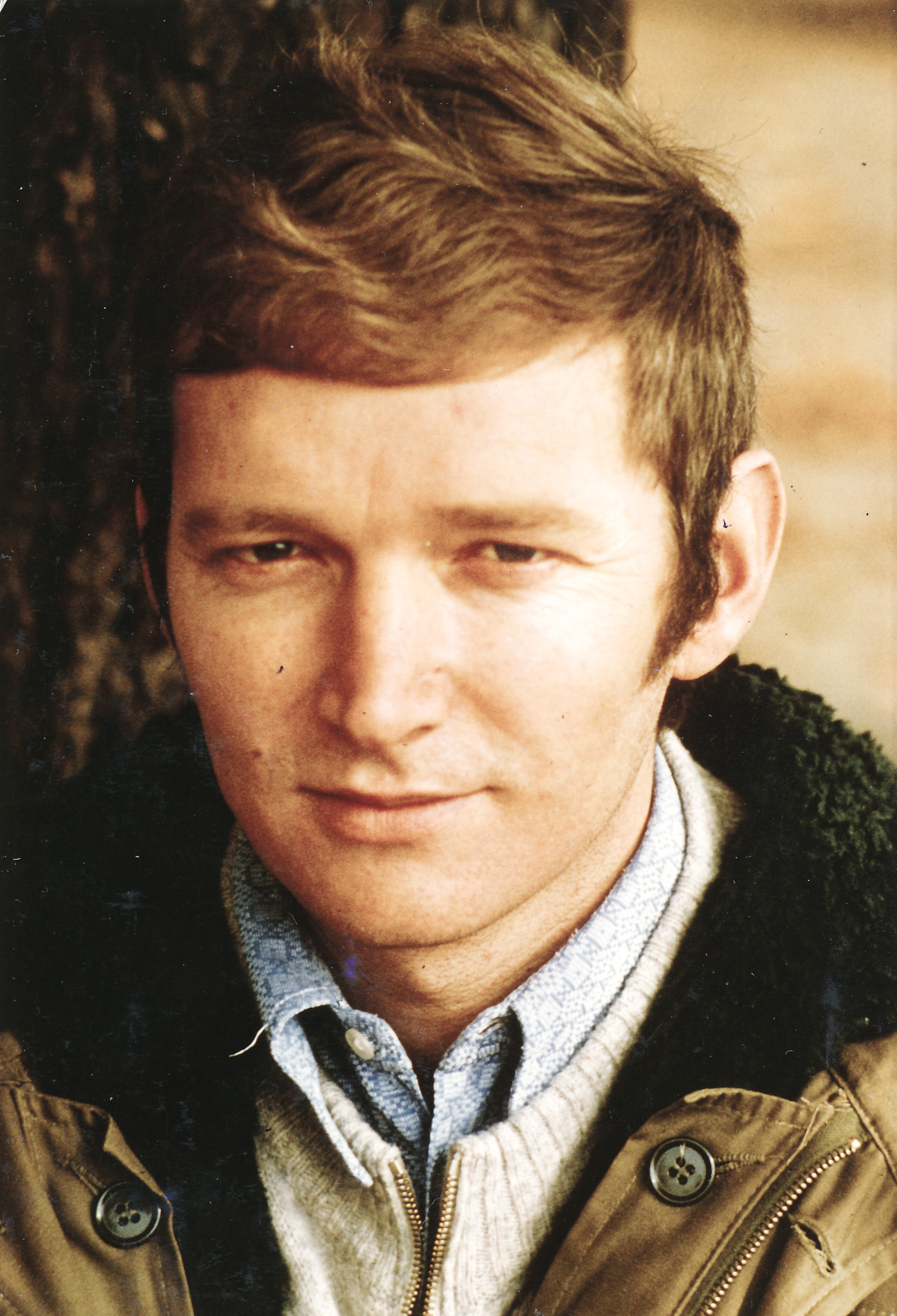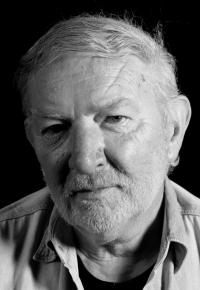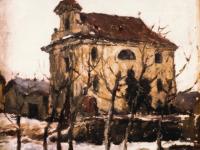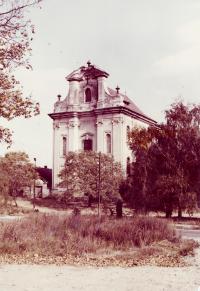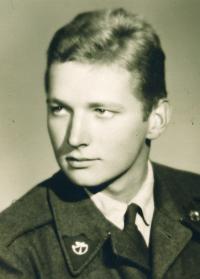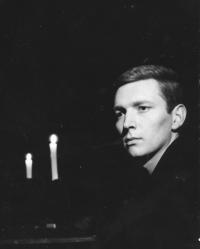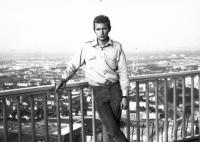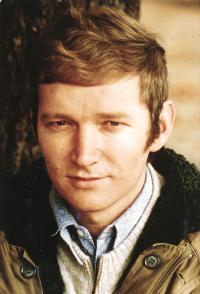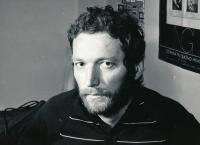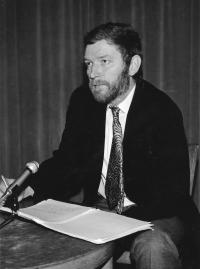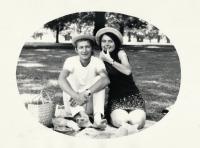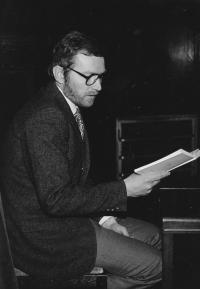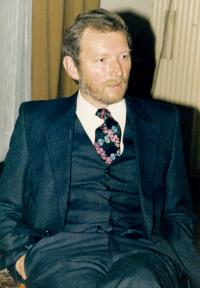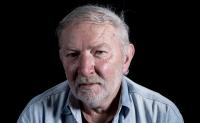It was a lonely struggle against the Bolsheviks
Rudolf Kvíz was born on 8 November 1939 into a farmer’s family in Český Brod. He encountered the German occupation as well as German and later Russian soldiers finding accommodation in the outhouse of his family farm. The farm was confiscated by the communists in 1950s though they let the family stay and work there. After finishing elementary school and because of his family background, Rudolf had trouble getting admitted to any other school. He trained to become a smelter in Kladno, followed by a mining college and the Research Institute of Iron Metallurgy. During the political thawing of mid-1960s he was admitted to study journalism at a university. Back then he already read poetry in the Poetic Wine Bar Viola where he had his own shows dedicated e.g. to Vladimír Holan. After graduation he spent a long time searching for a job in a magazine, eventually succeeding in Filatelie where he worked for eleven years. He developed an interest in the Polish people and their revolting spirit; he visited Poland several times; and brought back Solidarity’s materials. As a result of his good relations with catholic families close to the dissent he was of interest to the secret police which followed, wiretapped and interrogated him. He gained much acclaim for his reciting skills. He reads poetry at individual shows, on the Czech Radio, and is a common jury member at reciting contests. He lives with his wife in Štolmíř.
